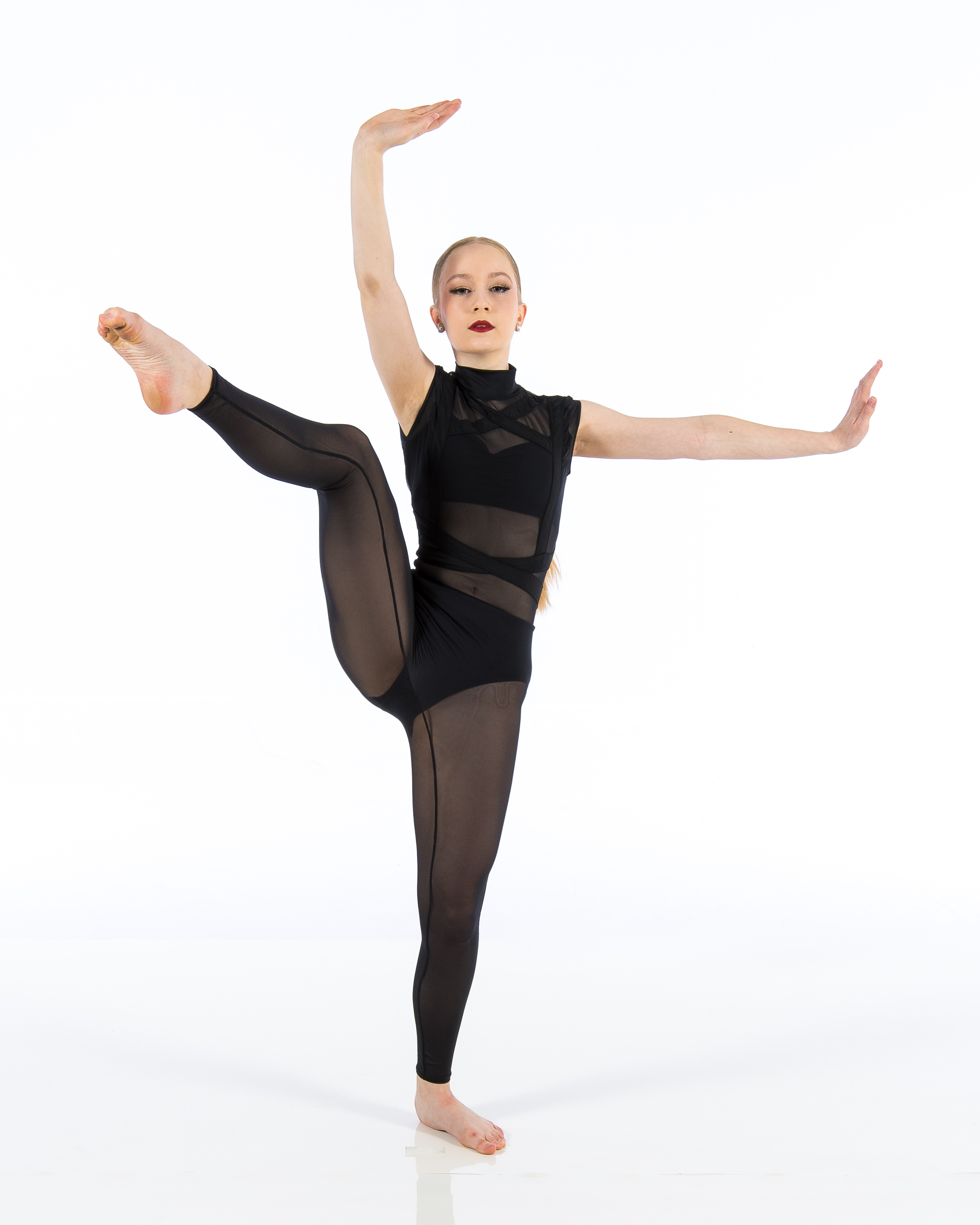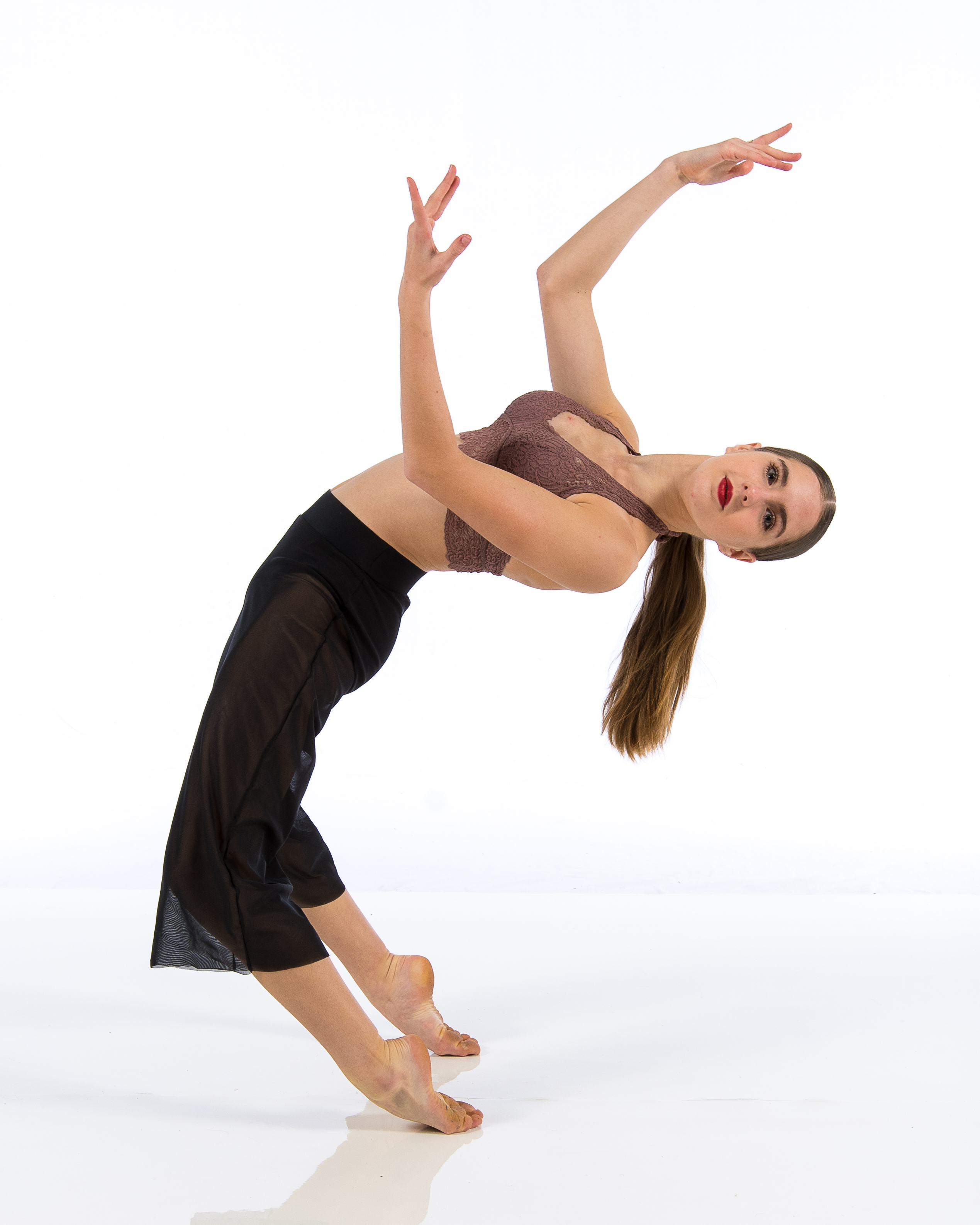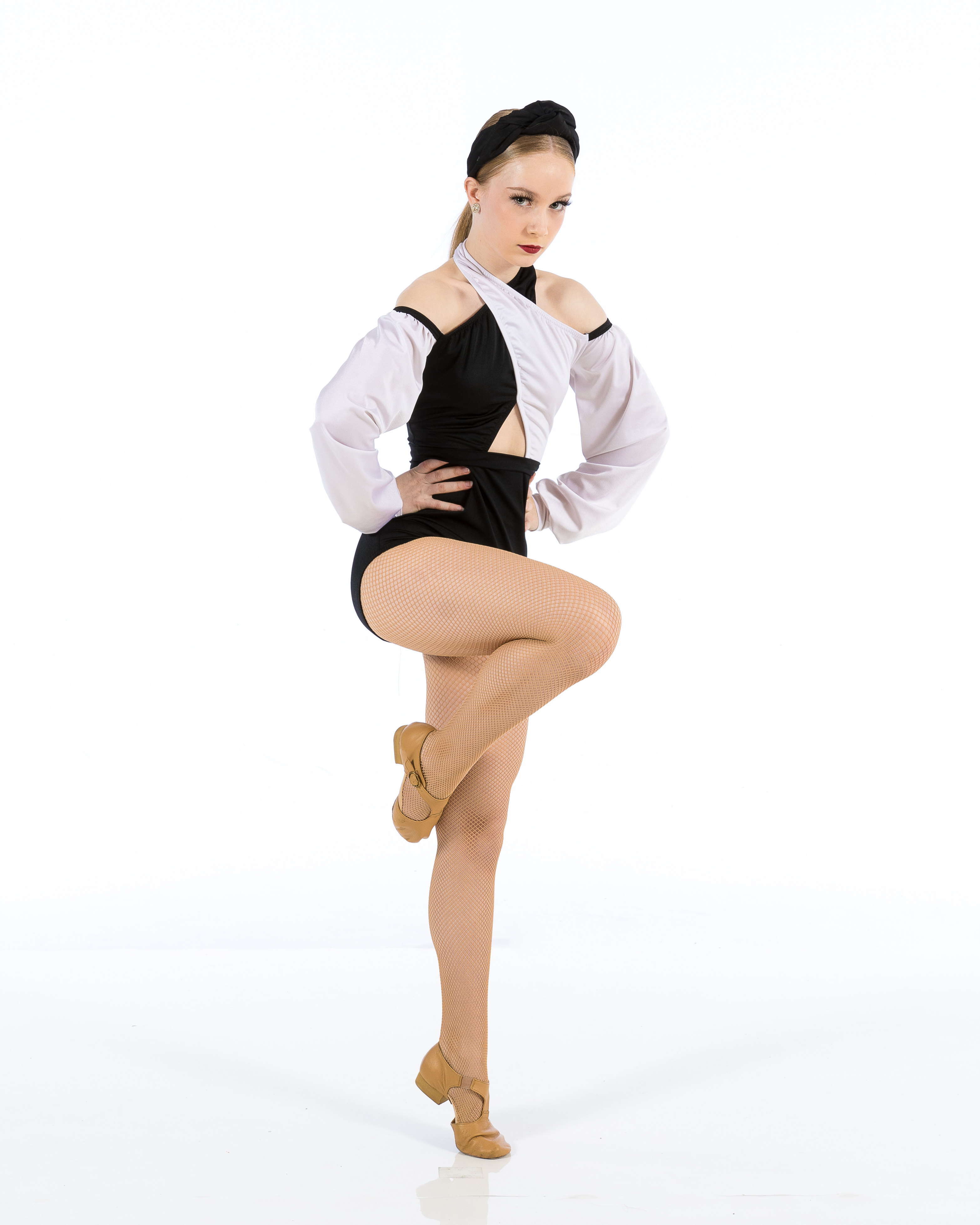Introduction
Dance is an art kind that transcends barriers, unites neighborhoods, and bursts with the vitality of human expression. Whether you're a budding dancer entering a dance studio for the very first time or a skilled performer seeking to refine your craft, understanding dance studio rules is vital for making sure a favorable experience. This comprehensive guide entitled From Amateur to Professional: Navigating Dance Studio Etiquette for an Unified Experience will take you with every facet of dance studio behavior, supplying insights that will certainly elevate your experience and foster more powerful partnerships within the dance community.
Understanding Dance Studio Etiquette
What is Dance Studio Etiquette?
Dance studio etiquette describes the set of customs and social standards that govern habits in a dance class setting. Similar to any kind of various other artistic atmosphere, respecting these standards can boost not just your learning experience yet also that of your peers.
Why is Dance Studio Decorum Important?
Adhering to correct decorum aids develop an atmosphere of regard, focus, and collaboration. It promotes a feeling of neighborhood and permits dancers to support each other in their development while reducing interruptions during class.
From Newbie to Specialist: The Value of First Impressions
Preparing for Your Very first Class
Walking into a dance studio for the very first time can be stressful. To make a remarkable impression:
- Dress appropriately: Put on comfortable clothing ideal for the sort of dance you're studying. Arrive early: Purpose to arrive at the very least 10-- 15 minutes before course begins. This provides you time to sign in, heat up, and work out in.
Greeting Your Instructor
A friendly greeting collections the tone for your experience. Always introduce yourself if it's your excellent! A basic "Hey there" or "Good morning" can go a long method in developing rapport.
Classroom Conduct: The Do's and Do n'tshtmlplcehlder 46end.
Do's: Favorable Behaviors
Be Respectful: Regard everybody's individual area-- particularly when exercising moves. Listen Actively: Show attentiveness when teachers are talking; it shows you value their guidance. Support Your Peers: Urge fellow dancers; positivity types encouragement.Don'ts: Unfavorable Behaviors
Avoid Interruptions: Keep individual conversations outside the classroom. Don't Usage Your Phone: Silence your phone during class; it's disruptive. Refrain from Interrupting: Wait until the trainer surfaces before asking questions.The Role of Individual Room in Dancing Studios
Understanding Boundaries
Personal room varies from one person to another, particularly in a dancing setup where physical proximity is typically necessary during technique routines.
Communicating Comfort Levels
If you really feel uneasy with exactly how close another dancer is obtaining throughout partnered workouts or developments, it's critical to communicate this nicely and professionally.

Maintaining Professionalism and reliability: Dress Code and Grooming
Importance of Appropriate Attire
Each dancing design commonly has its very own outfit code-- whether it be leotards for ballet or loose-fitting garments for hip-hop courses-- adhering to these requirements demonstrates regard for both your craft and your instructor.
Personal Hygiene Matters
Dancing needs physical exertion, which can lead to perspiration. Ensure you preserve good hygiene by bathing prior to class and using clean attire.
Behavior During Course: Focusing on Learning
Engaging with Instruction
It's essential to remain focused throughout demos. Rather than merely watching, proactively involve by envisioning how you Dance Academy would carry out each movement.
Asking Concerns Appropriately
Curiosity boosts discovering! If something isn't clear, do not hesitate to ask questions-- yet guarantee they are relevant and postured at suitable times (ideally after guidelines).
Feedback: Welcoming Useful Criticism
Accepting Comments Gracefully
Constructive objection is component development in any kind of art type. Embrace feedback with an open mind and prevent coming to be defensive; bear in mind that review intends to aid enhance your skills!
Offering Responses Thoughtfully
When offering responses to peers, ensure it's positive as opposed to critical; focus on what they did well along with locations for improvement.
Creating Consistency Via Teamwork
The Relevance of Team Spirit
In several dancing designs, team effort plays an essential role; creating sociability with fellow dancers leads to boosted performances.
Collaborating During Team Exercises
When associated with group tasks or choreography practices, encourage creative thinking by valuing everyone's concepts while likewise contributing your own constructively.
Handling Conflicts Gracefully
Addressing Differences Maturely
Conflict may arise due to misunderstandings or varying point of views on choreography options. Take on these issues privately as opposed to openly broadcasting complaints which could interrupt course harmony.
Seeking Arbitration When Necessary
If disputes escalate beyond individual resolution initiatives-- seek guidance from teachers that can moderate successfully based upon their experience dealing with similar situations.
Post-Class Decorum: Leaving on a Good Note
Thanking Instructors After Class
Always express thankfulness towards your trainer after lessons; this strengthens favorable connections while acknowledging their difficult work!
Keeping the Studio Clean
Whether it's grabbing canteen or nicely organizing props post-class-- preserving cleanliness lionizes for shared rooms used by all dancers!
Engaging Beyond Class Time: Structure Community Relationships
Joining Social Events
Participate in get-togethers arranged by workshops such as displays or open residences-- these events provide opportunities for networking while improving neighborhood ties outside organized lessons!
Supporting Fellow Dancers' Performances
Attending peers' performances shows uniformity within the dance community-- it motivates involvement beyond simple participation at classes!
Frequently Asked Inquiries (Frequently asked questions)
1. What ought to I put on for my first dance class?
Choose comfy clothes suitable for the specific style you're taking (e.g., leotards for ballet). Constantly inquire about dress codes beforehand!
2. Is it fine to speak throughout class?
It's ideal method not to participate in side conversations throughout guideline as this distracts both trainers & & fellow trainees alike!
3. How do I deal with feeling overwhelmed?


Take deep breaths & & remind on your own that every professional dancer started someplace! Connect any kind of have problem with trainers who might supply added support if needed!
4. Suppose I disagree with choreography choices?
Express worries pleasantly either privately or within assigned feedback sessions instead of honestly critiquing throughout rehearsals; preserving professionalism helps deal with disagreements amicably!
5. Ought to I bring water right into the studio?
Absolutely! Staying moisturized improves performance levels; just make sure containers are firmly closed so spills do not take place on floors where others are dancing!
6. Exactly how vital is punctuality?
Punctuality is critical as arriving late interferes with focus degrees while causing distractions; purpose always get here early sufficient enabling time warm-up correctly before classes commence!
Conclusion
Navigating with a dance studio atmosphere can appear intimidating at first look yet mastering appropriate decorum inevitably transforms one's journey from amateur condition towards professional degree virtuosity! By adhering very closely well established behaviors outlined throughout this guide labelled From Newbie To Expert: Browsing Dance Studio Etiquette For An Unified Experience *, you'll grow important relationships within areas enriched creative thinking while sharpening technological expertise together with valued advisors! So lace up those footwear with confidence step onto that floor-- the globe awaits your special expression with movement!